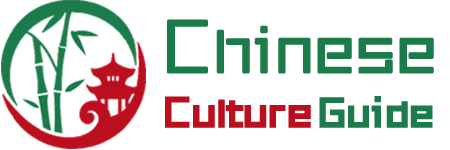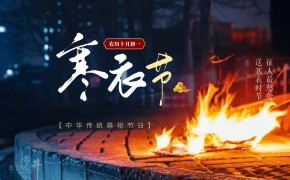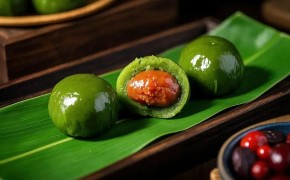The Double Ninth Festival, observed on the ninth day of the ninth lunar month, is a cherished traditional Chinese holiday. Its name originates from the I Ching (Book of Changes), where the number nine is considered a yang number, symbolizing strength and positivity.
Thus, the repetition of nine creates “Chongyang” or “Double Ninth.” This day is deeply associated with longevity and respect for the elderly in Chinese culture.
Origins and History
The festival’s history stretches back over two millennia, with roots tracing to the Warring States Period. It evolved from ancient practices like autumn harvest celebrations and honoring ancestors. A famous legend tells of Huan Jing, who, advised by his teacher Fei Changfang, saved his village from plague by leading people to climb a mountain, wear cornelian cherry (zhuyu) twigs, and drink chrysanthemum wine on this day. This story helped popularize these customs to ward off evil and misfortune.
By the Tang Dynasty, the Double Ninth Festival had become an official folk holiday, celebrated with various activities across society.
Traditional Customs
The festival is marked by several meaningful customs, each symbolizing good health and fortune:
Climbing Heights
People ascend mountains or high structures. This act symbolizes “rising to a higher position” and is believed to avoid disasters and bring good luck. It also offers a chance to enjoy the autumn scenery.
Enjoying Chrysanthemums
The ninth lunar month is when chrysanthemums bloom. Admiring their beauty and drinking chrysanthemum wine are common practices. The flower symbolizes longevity, and the wine was historically thought to have health benefits.
Wearing Cornelian Cherry (Zhuyu)
People often wear zhuyu twigs or carry them in sachets. This plant’s strong scent was believed to drive away evil spirits and prevent illness.
Eating Double Ninth Cake
A special steamed cake, Double Ninth Gao (糕), is eaten. “Gao” sounds like “high” (高), symbolizing wishes for progress and prosperity in life. Families might also use the cake in prayers for their children’s advancement.
Modern Significance: Respect for the Elderly
In contemporary times, the Double Ninth Festival has taken on a profound new meaning as a day to honor and care for the elderly. This transformation is supported by national initiatives:
In 1989, the Chinese government designated the day as Seniors’ Day.
In 2012, the law officially established the annual Festival for the Elderly.
The revised Law on Protection of the Rights and Interests of the Elderly came into effect in 2013.
These steps reinforce the traditional Chinese virtue of filial piety (“filial piety is the most important of all virtues”) and encourage society to express love and respect for senior citizens. People often show care through family gatherings, assisting with chores, or accompanying elders on outings.
The festival was also listed in the first batch of China’s national intangible cultural heritage in 2006, recognizing its important cultural value.
Conclusion
The Double Ninth Festival beautifully blends ancient customs with modern values.
It is a day for enjoying nature’s autumn beauty, cherishing family bonds, and, most importantly, expressing gratitude and respect to the older generation, wishing them health and longevity.






















There are no comments yet, come and comment~